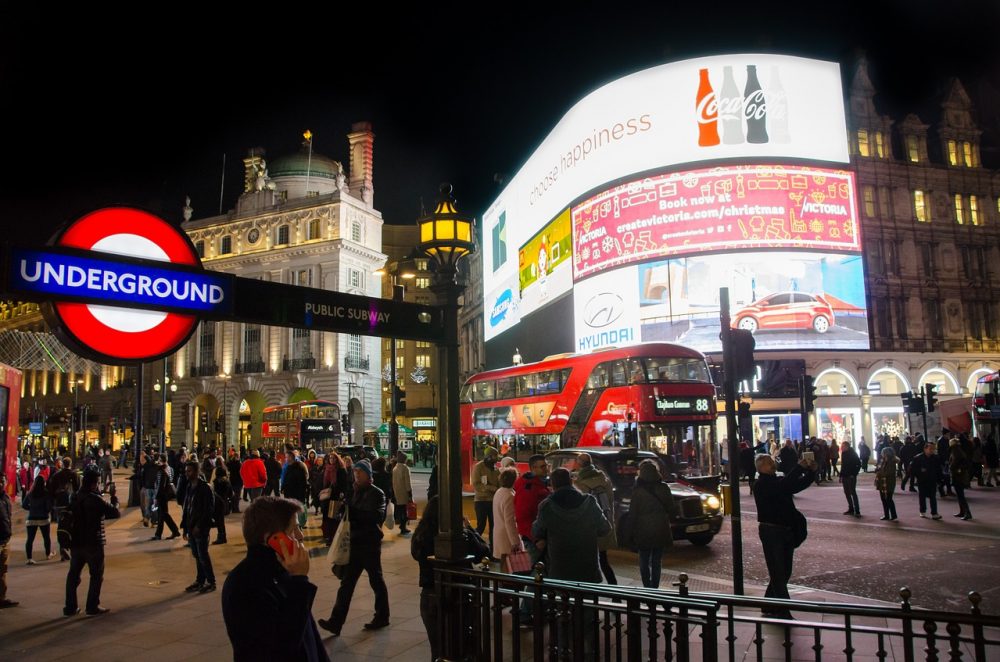We are all used to measuring and reporting our financial accounts. Often we operate within a fixed budget and need to manage resources carefully. Overspending comes at a cost!
This is no different when we think about the environment. Resources are finite and the environment’s capacity to absorb pollutants is limited as well. This is more apparent than ever in the case of carbon dioxide emissions into the atmosphere.
Since the “Paris Accord or Agreement” in December 2015 and its recent ratification by a sufficiently large number of countries that are Parties to the Convention, the goals are changing. The Paris Agreement will come into effect on the 4th of November 2016. The cuts in emissions will have to be significant and rapid as the Agreement foresees that after 2050 the net carbon emissions into the atmosphere will be zero.
This has major implications for industry, including Travel and Tourism. In the last week of September the International Civil Aviation Organisation with member countries, agreed on a market-based mechanism to begin to address emissions from international aviation. The current plan is weak – but it is a plan. Considering that ICAO had been tasked with finding a mechanism for several decades, one might call this progress.
Other sectors of the global Travel and Tourism industry will also find themselves increasingly under pressure to measure their emissions and more importantly, reduce them. Already, leading companies engage in monitoring third-party verification and disclosure. But these are isolated examples at this point, and the approaches taken are not consistent.
Several countries have now begun to make carbon reporting mandatory. Often this applies only to the largest companies, or particular sectors (e.g. resources industries), but gradually smaller businesses are also required to measure and report carbon. New legislation in the United Kingdom and France may well set out the new path that other countries will follow.
And what about the consumer? A small, but consistent, number of travellers who care want to know about the environmental impact of their travel and demand information on responsible choices. At present such information is limited, in particular in relation to ‘carbon footprints’. In a world that moves towards zero-carbon consumption, consumer awareness will increase. It is important to develop tools that help travellers compare the carbon emissions in a transparent and credible way.
The shift from the fossil-economy to a low-carbon one may be faster than we think. Those who will be at the forefront of this transformation will gain the most (or lose the least).
If you are interested in how the Travel and Tourism industry are doing in terms of carbon reporting, have a look at this report – Carbon Reporting: Travel and Tourism, co-authored by the Griffith Institute for Tourism and Amadeus.
Professor Susanne Becken and Lucas Bodes (Amadeus IT Group, Spain) discuss the key findings included in the new carbon emissions co-authored report.
- Read the report on ‘Proving the case: Carbon reporting in travel and tourism‘
- Read Amadeus article on ‘Investigating carbon reporting and climate change in travel and tourism
This article was written by Griffith Institute for Tourism Director Dr. Susanne Becken.
